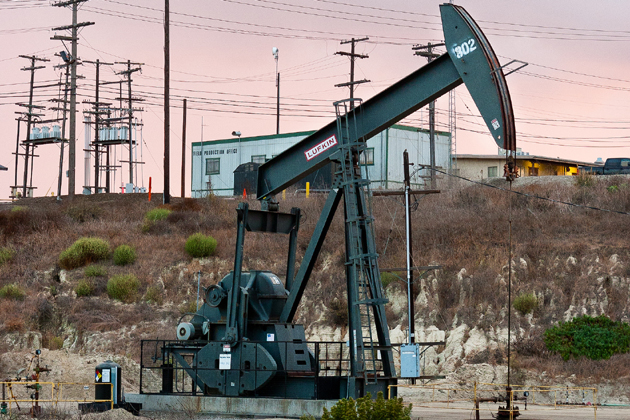
By Illinois Radio Network
SPRINGFIELD – Illinois still is waiting for its first fracking operation, four years after a law opened the door to the practice.
Then-Governor Pat Quinn signed a law in June 2013 to regulate fracking, but the rules and regulations for the permitting process wasn’t in place until November 2014. Since then, no wells have been drilled in southern Illinois, where the New Albany shale play is located.
Mark Denzler served as co-chair for the GROW-IL coalition, which helped to facilitate the passage of the Illinois’ hydraulic fracturing law. He said officials simply moved too slowly to take advantage of the energy boom.
“Illinois took several years to pass a bill that was the most complicated and most expensive in the nation,” Denzler explained. “Then we had to wait 503 days for Gov. Quinn to finally get the rules finalized, which we believe go far above and beyond what was actually envisioned by the law.”
Earlier this year, it appeared Illinois was close to having its first fracking operation up and running. However, Woolsey Companies Inc. recently returned a permit that would have allowed it to drill a well near Enfield in southeastern White County.
“The process we have gone through to receive a permit was burdensome, time consuming and costly due to the current rules and regulations of the State of Illinois and it appears that this process would continue for future permit applications,” Woolsey officials said in a statement.
“Also, the drilling and completion requirements under the Act are stringent, which will make future development costs of the New Albany Shale excessive and the obligations for compliance on our staff demanding,” the statement continued.
Denzler argues that the final regulations put in place make it unlikely another company will step forward to drill.
“In simple terms, Illinois’ regulatory structure is so far above and beyond what any other state has in the country that it’s prohibitive,” Denzler said. “There is no doubt about that when we talk to companies.”
Oil prices also plunged during the time it took the Illinois’ law to be implemented, changing the economics of drilling new wells.






